In a move that would have been unthinkable just a few years ago, Apple is reportedly finalizing a deal to pay Google approximately $1 billion annually to power the long-promised overhaul of Siri. According to Bloomberg, the iPhone maker plans to license a custom 1.2 trillion parameter version of Google's Gemini model to handle the core intelligence functions of its reimagined voice assistant, expected to launch in spring 2026 with iOS 26.4.
For a company that has spent decades building a reputation on vertical integration and controlling every aspect of the user experience, this partnership represents a remarkable admission: Apple simply can't build competitive AI fast enough on its own.
The Deal That Says Everything
The reported agreement centers on a massive Gemini model—1.2 trillion parameters—that dwarfs anything Apple currently has in production. To put this in perspective, Apple's current cloud-based Apple Intelligence model runs on approximately 150 billion parameters, while its on-device model clocks in at a modest 3 billion parameters. Google's model is roughly eight times more powerful than Apple's most capable system.
Here's where it gets even more interesting: Google wasn't even Apple's first choice. According to Bloomberg, Apple held an internal "bake-off" between Google's Gemini and Anthropic's Claude models. Apple executives determined that Anthropic's Claude was actually the superior model from a technical standpoint. But they went with Google anyway because it "made more sense financially." Translation: Anthropic wanted too much money—reportedly over $1.5 billion annually—and Google offered a better deal, sweetened by the companies' existing search partnership worth $20 billion per year.
So Apple didn't choose the best AI model. They chose the cheapest viable option that wouldn't completely embarrass them.
This isn't just about raw size. The Gemini model will reportedly handle Siri's most critical functions: summarization and multi-step task planning. These are the capabilities that separate modern AI assistants from glorified voice search—the ability to understand context, synthesize information from multiple sources, and execute complex, multi-app workflows on behalf of users.
In other words, Google won't just be providing the engine; it's providing the brain.
The $1 billion annual price tag is particularly telling when you consider that Google already pays Apple an estimated $20 billion per year to remain the default search engine on Safari. Now the roles are reversed, with Apple writing billion-dollar checks to Google for technology it desperately needs but can't build itself in time.
A Pattern of Delays and Broken Promises
To understand how Apple ended up here, you need to look at the cascade of failures that preceded this deal.
The Siri overhaul has been in the works for years under two distinct internal projects. "Linwood" represents Apple's in-house effort to rebuild Siri using its own AI models, while "Glenwood" explores partnerships with external AI providers. The fact that Glenwood is moving forward while Linwood remains stuck in development tells you everything you need to know about the state of Apple's AI capabilities.
In a sign of how seriously Apple is taking the crisis, the company reassigned Mike Rockwell—the creator of Vision Pro—to oversee the Siri revamp alongside software chief Craig Federighi. This isn't a vote of confidence in the existing team; it's a rescue mission.
When Apple unveiled Apple Intelligence at WWDC 2024, the company made sweeping promises about a reimagined Siri with three transformative capabilities: personalized contextual understanding, on-screen awareness, and the ability to perform actions across apps. These weren't incremental improvements—they were supposed to fundamentally change how users interact with their devices.
Those features were initially slated for iOS 18.4 in early 2025. They didn't ship. After quality issues during testing, Apple's engineering team realized the underlying architecture wasn't capable of delivering the experience Apple had promised. In interviews following WWDC 2025, software chief Craig Federighi acknowledged the problem directly: "We found that the limitations of the V1 architecture weren't getting us to the quality level that we knew our customers needed and expected."
Apple scrapped the approach entirely and started over with what Federighi called a "deeper end-to-end architecture" dubbed V2. The timeline shifted to spring 2026—a full year delay from the original target. And even that timeline now looks optimistic.
Recent reports indicate that internal testers working with iOS 26.4 builds are expressing concerns about Siri's performance. Bloomberg's Mark Gurman reported that testers are "uneasy" about the digital assistant's capabilities, with the experience still falling short of Apple's quality standards. Some insiders worry that if the spring 2026 release underperforms, it could trigger an exodus of senior AI talent from the company.
This isn't just a software delay—it's a crisis of confidence.
The Vertical Integration Playbook, Abandoned
Apple has a well-established playbook for situations like this: partner with a best-in-class provider while quietly building your own solution, then cut ties once your in-house technology catches up.
We've seen this before. Apple leaned on Google Maps until Apple Maps was ready (sort of). It used Weather Channel data until it built its own weather infrastructure. It relied on Intel and Qualcomm chips until Apple Silicon was ready to replace them. The pattern is consistent: use external partners as a bridge, then bring everything in-house for maximum control.
According to Bloomberg's sources, Apple is indeed working on its own 1 trillion parameter cloud-based model that could be ready "as early as 2026." But here's the problem: even if Apple hits that target, they're still playing catch-up. A 1 trillion parameter model would be smaller than the 1.2 trillion parameter Gemini model they're licensing. And by the time Apple's model is production-ready, Google, OpenAI, and Anthropic will have moved even further ahead.
The AI race isn't like the chip race. When Apple transitioned to Apple Silicon, the underlying semiconductor technology wasn't evolving at breakneck speed. Apple could take its time, perfect the design, and leapfrog the competition. AI models are different. They're improving at an exponential rate, and the competitive window is measured in months, not years.
Privacy Theater or Legitimate Protection?
Apple is positioning the Gemini partnership as consistent with its privacy-first philosophy, emphasizing that the model will run on Apple's Private Cloud Compute infrastructure rather than Google's servers. This ensures that user data never leaves Apple's control and isn't shared with Google.
But here's the most revealing part: according to Bloomberg, neither Apple nor Google plans to publicly acknowledge this partnership. You won't see "Powered by Google Gemini" anywhere in iOS 26.4. The deal will be invisible to users, with Apple marketing the new Siri as its own achievement while Google quietly collects its billion-dollar checks in the background.
This is remarkably similar to what Samsung does with its "Galaxy AI" features, which are largely thin wrappers around Google's technology. Apple is essentially adopting the same playbook, except with even more secrecy.
On paper, this sounds reassuring. Apple's Private Cloud Compute uses custom Apple Silicon with sophisticated security features, including full memory tagging and Secure Enclave technology. The architecture is designed to process sensitive data in a way that even Apple engineers can't access.
But let's be honest about what's happening here: Apple is using a model trained on Google's data, using Google's research, and presumably benefiting from Google's ongoing improvements. The fact that it runs on Apple's servers doesn't change the fundamental reality that Apple is outsourcing the core intelligence of its most personal assistant to its biggest rival.
The secrecy around the deal makes it even more problematic. When you use ChatGPT through Apple Intelligence today, the system explicitly tells you that your query is being sent to OpenAI and asks for permission. You know exactly what's happening. With the Gemini integration, there will be no such transparency. Most users won't even know their Siri requests are being processed by a Google model.
Apple has spent years marketing itself as the privacy champion in tech, contrasting its business model with Google's advertising-driven approach. This deal complicates that narrative. While user queries may stay on Apple servers, the underlying technology—the thing that makes Siri smart—is built by a company whose entire business model is predicated on collecting and monetizing user data.
The Talent Crisis Nobody's Talking About
What makes this situation even more concerning is what's happening behind the scenes at Apple. The company has been hemorrhaging AI talent at an alarming rate, including the recent departure of the head of its models team. Internal tensions between engineering, marketing, and AI teams have reportedly reached a boiling point.
Engineering teams blame marketing for overpromising features that couldn't be delivered. Marketing teams blame engineering for missing deadlines and failing to meet quality standards. And AI teams are caught in the middle, working on technology that's constantly being compared to ChatGPT, Claude, and Gemini—models backed by companies that have made AI their singular focus.
The pressure is immense. Apple employees working on Siri reportedly don't believe the spring 2026 target is realistic, even with Google's help. And if the launch disappoints again, more departures are likely to follow.
This is how death spirals begin. Talented engineers leave because they don't believe in the project's direction. Departures make it harder to execute on ambitious timelines. Missed deadlines damage morale further. Rinse and repeat.
What This Means for Siri's Future
Even with Google's Gemini model powering the backend, Siri's transformation is far from guaranteed. The new architecture promises three key capabilities:
On-Screen Awareness: Siri will be able to understand what's currently displayed on your device and take action based on that context. See a restaurant recommendation in a text message? Siri should be able to add it to your Maps favorites or create a reservation without you navigating through multiple apps.
Personal Context: Siri will leverage information across your entire device ecosystem—emails, messages, calendar events, photos—to provide truly personalized responses. Ask "When is Mom's flight arriving?" and Siri should find the confirmation email, extract the flight details, and give you real-time tracking information.
Multi-App Actions: The most ambitious feature lets Siri execute complex workflows across multiple applications. "Send the photo I took yesterday to Sarah and Mark, then create a shared album" should work seamlessly without manual intervention.
These capabilities would indeed represent a massive leap forward for Siri. But there's a catch: Google's Gemini model only handles summarization and planning. Other Siri features will still rely on Apple's in-house models. This hybrid approach introduces complexity and potential points of failure.
It's also worth noting that what Apple is promising for 2026, Google Assistant and Alexa have been attempting (with varying degrees of success) for years. Apple isn't pioneering new territory here—it's desperately trying to reach feature parity with competitors.
The Uncomfortable Questions
This partnership raises questions that Apple would prefer not to answer:
If Apple's AI is so advanced, why does it need Google's help? Apple has consistently marketed Apple Intelligence as a breakthrough achievement, emphasizing its efficient on-device processing and privacy-protective architecture. Yet when it came time to build the most important component of its AI strategy, Apple turned to an outside provider.
What happens when the $1 billion deal expires? If Apple's in-house 1 trillion parameter model isn't ready by the time this contract needs renewal, does Apple write another billion-dollar check? Does Google increase the price? Does Apple risk shipping an inferior product rather than extending the partnership?
How will this work in China? Bloomberg reports that in China, where most Google services are banned, the new Siri will use in-house Apple models with "a custom filter that adjusts content to comply with Chinese government demands." This creates a two-tier Siri experience, with Chinese users getting an objectively worse version of the assistant. It also reveals that Apple does have the capability to build these systems—they're just not good enough for the rest of the world.
What about competitive dynamics? Google and Apple compete across numerous fronts: mobile operating systems, app stores, browsers, cloud services, and now AI assistants. How comfortable should users be with one competitor providing the brains for another's flagship product? What happens if the relationship sours?
The Broader AI Strategy Problem
This Gemini partnership is a symptom of a larger strategic problem at Apple: the company never prioritized AI development until it was too late.
While Google was building TensorFlow and investing billions in AI research, Apple focused on hardware. While OpenAI was training GPT models, Apple was perfecting Face ID. While Microsoft was partnering with OpenAI and integrating AI across its entire product line, Apple was... well, nobody quite knows what Apple was doing.
John Giannandrea, Google's former search and AI chief, joined Apple in 2018 specifically to lead its machine learning and AI strategy. Seven years later, Siri still can't reliably set multiple timers or understand basic context. That's not a failure of talent—it's a failure of organizational priority and resource allocation.
Apple's historical approach to AI has been reactive rather than proactive. The company adds AI features when competitors force its hand, not because it has a coherent vision for how AI should transform computing. Siri improvements come in response to Alexa and Google Assistant. Apple Intelligence arrived only after ChatGPT made generative AI mainstream. And now Gemini integration is happening because Apple's own models aren't competitive.
This isn't the behavior of a market leader. It's the behavior of a company playing catch-up.
The Reality Check
Here's what Apple wants you to believe: this is a smart, strategic partnership that gives Siri best-in-class capabilities while Apple continues building its own long-term solution. It's a stopgap measure that benefits users today while preserving Apple's future independence.
Here's the reality: Apple spent years promising an AI revolution and couldn't deliver. The company is now paying its biggest competitor $1 billion per year to bail it out because its own AI models aren't good enough. And even with Google's help, the new Siri won't launch until spring 2026—two full years after Apple Intelligence was first announced.
By the time this Gemini-powered Siri ships, Google will likely be on Gemini 3.0 or beyond. OpenAI will have released GPT-5 or GPT-6. Anthropic's Claude will have evolved through multiple iterations. The goalpost keeps moving, and Apple is perpetually behind.
The $1 billion price tag isn't the real cost of this deal. The real cost is the admission that Apple—a company worth over $3 trillion—can't compete with startups and competitors in the most important technology shift in decades.
What Happens Next
Assuming the deal closes as reported, we're looking at a spring 2026 launch for the new Siri as part of iOS 26.4. That means another year and a half of the current, underwhelming Siri experience.
Users will continue switching to ChatGPT, Claude, or Gemini for actual AI assistance. Developers will continue building integrations with those platforms instead of Apple's APIs. And Apple's window to define the AI assistant experience will continue shrinking.
The optimistic scenario is that Apple learns from this partnership, accelerates its own AI development, and eventually ships a truly competitive in-house solution. The Gemini integration becomes a temporary bridge that gets Apple through a difficult transition period.
The pessimistic scenario is that Apple becomes permanently dependent on external AI providers because it can never quite catch up. The company that revolutionized computing with vertical integration becomes a hardware shell around other companies' AI models.
The realistic scenario is probably somewhere in between: Apple ships decent-but-not-revolutionary AI features powered by a combination of external and internal models, maintains its privacy marketing while gradually compromising on that front, and continues trailing the AI leaders by 12-18 months.
The Bottom Line
Apple's reported $1 billion deal with Google to power Siri with Gemini isn't just a business transaction—it's a referendum on Apple's AI strategy. And the verdict isn't encouraging.
This is the same company that told us "What happens on your iPhone, stays on your iPhone." Now it's sending Siri's brain to Google.
This is the same company that built its own chips because it refused to rely on Intel and Qualcomm. Now it's outsourcing the intelligence of its most personal product to its biggest rival.
This is the same company that promised an AI revolution with Apple Intelligence. Now it's admitting that revolution needs to be powered by someone else's technology.
The spring 2026 launch date feels very far away. A lot can happen in 18 months in the AI world—most of it will happen at companies that aren't Apple.
When the new Siri finally arrives, powered by Google's model running on Apple's servers, protected by Apple's privacy infrastructure, will it be enough? Will users care that the assistant is smarter if they've already switched to competitors? Will developers invest in Siri integrations when other platforms are more capable and faster-moving?
Those are the questions that matter. And right now, Apple doesn't have good answers for any of them.
The $1 billion check to Google isn't just buying access to a powerful AI model. It's buying time—time that Apple desperately needs but may not have enough of.
What do you think about Apple's decision to partner with Google for Siri's AI capabilities? Is this a smart stopgap measure or a troubling sign of weakness? Share your thoughts in the comments below, and subscribe to The Cupertino Chronicles for more in-depth analysis of Apple's AI strategy.
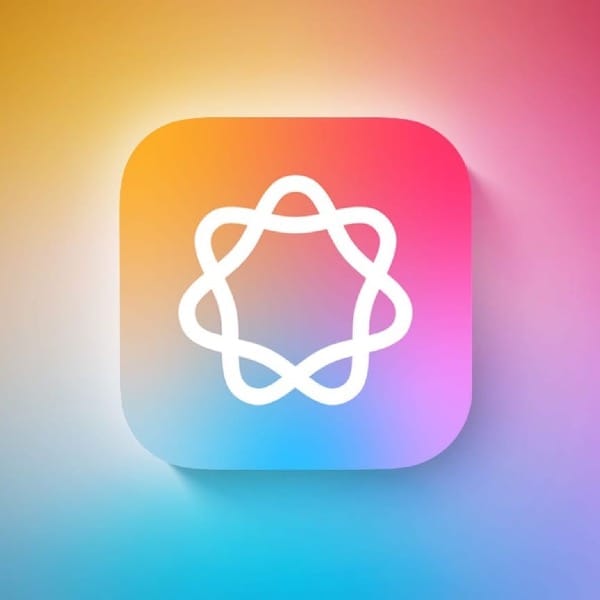

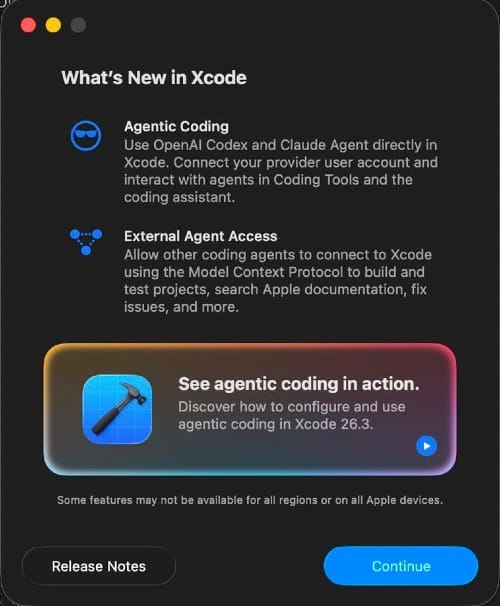
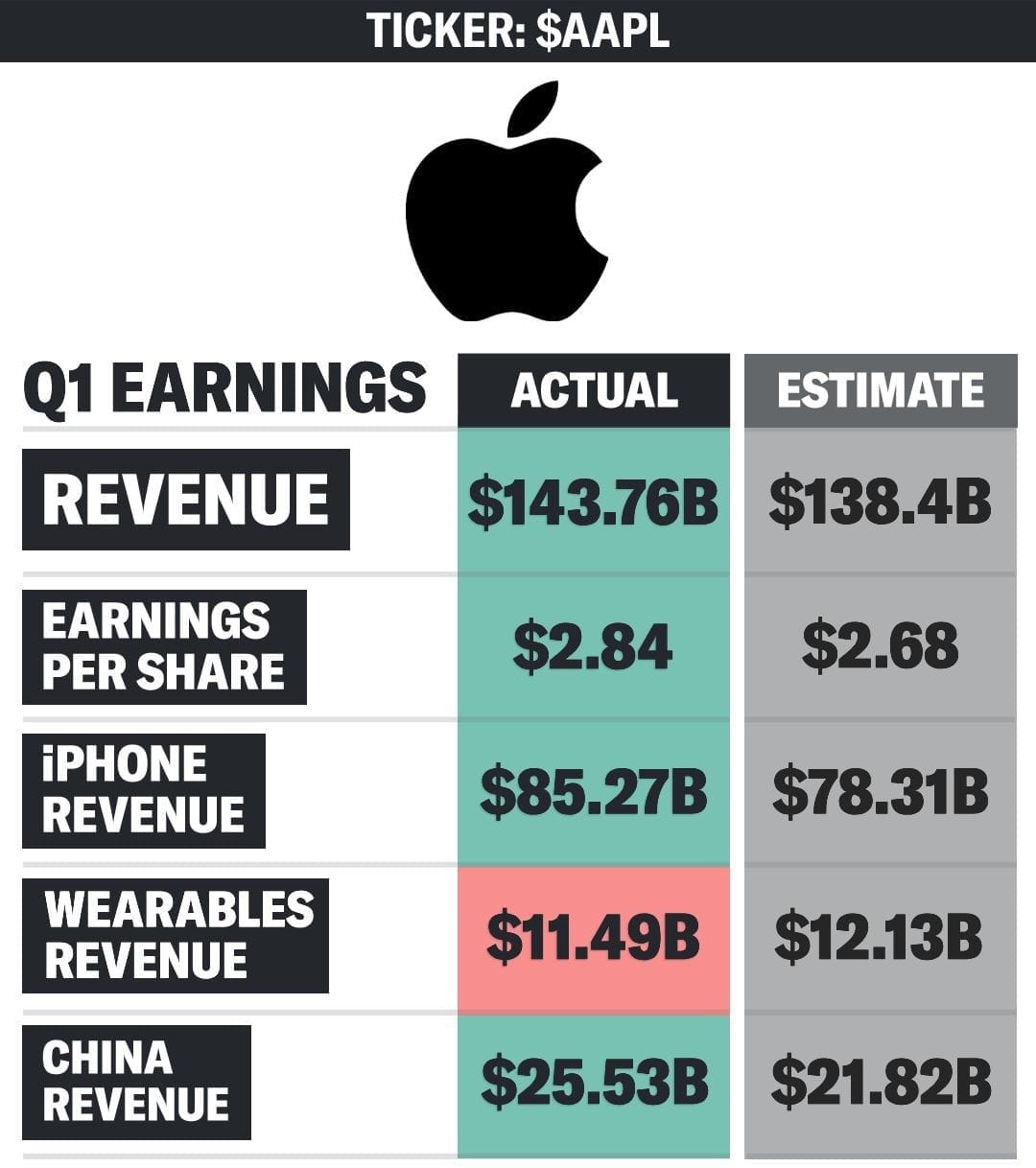
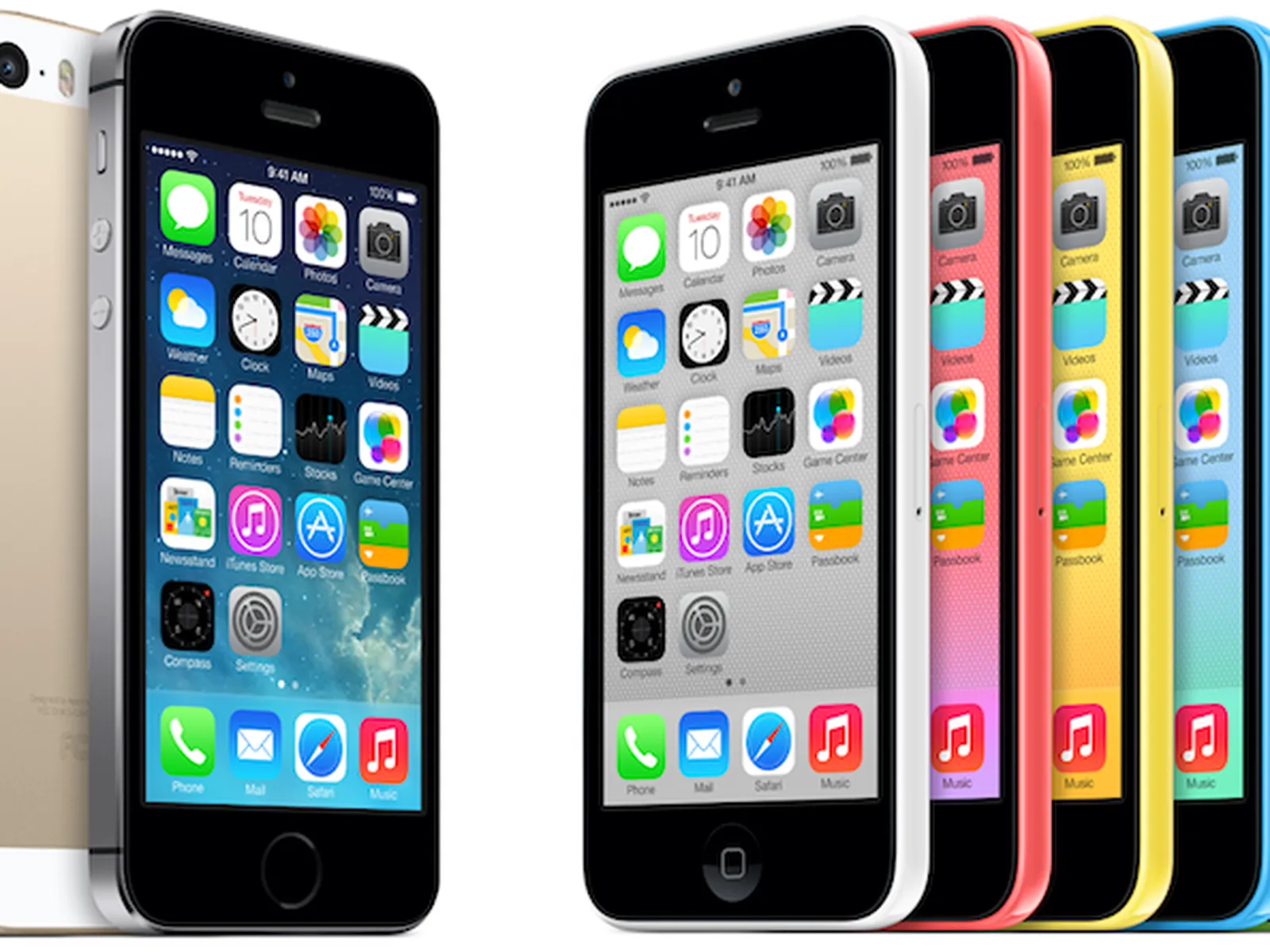
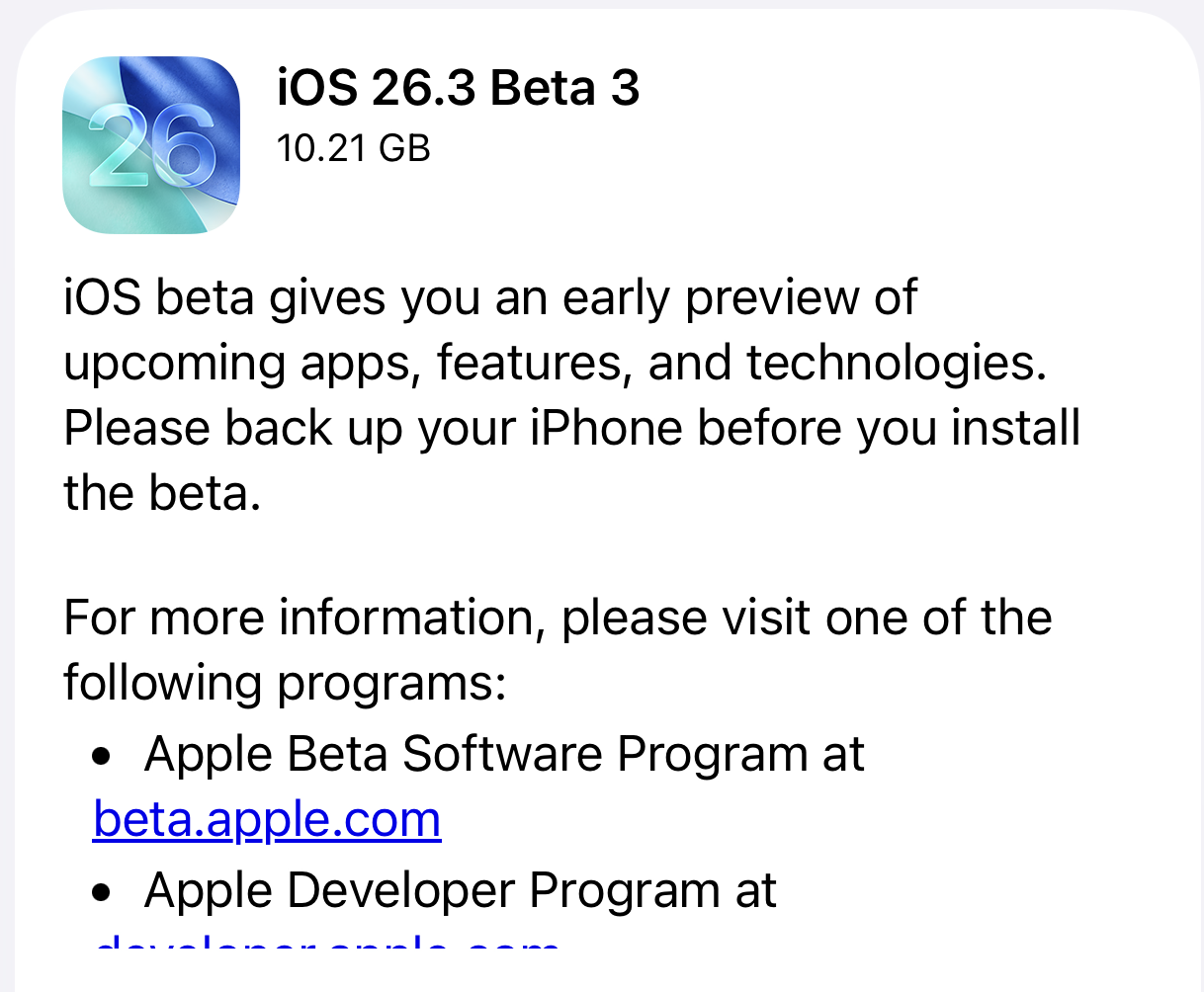
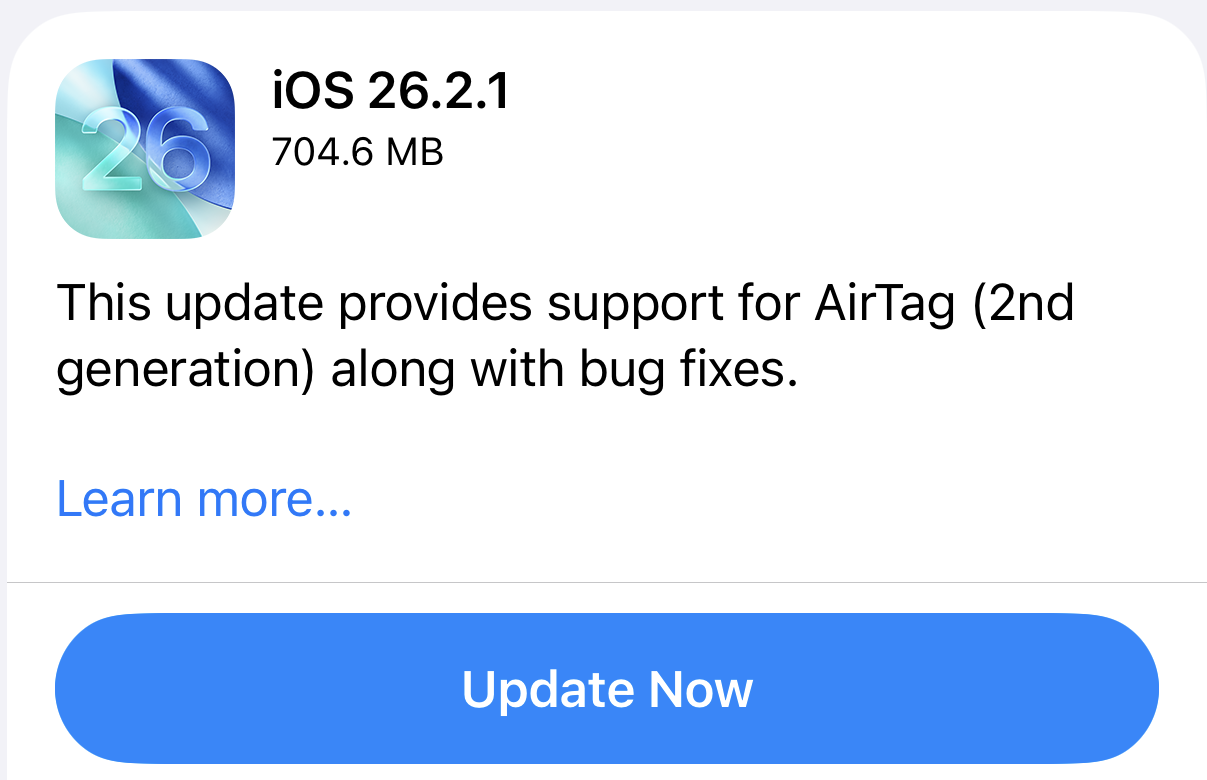



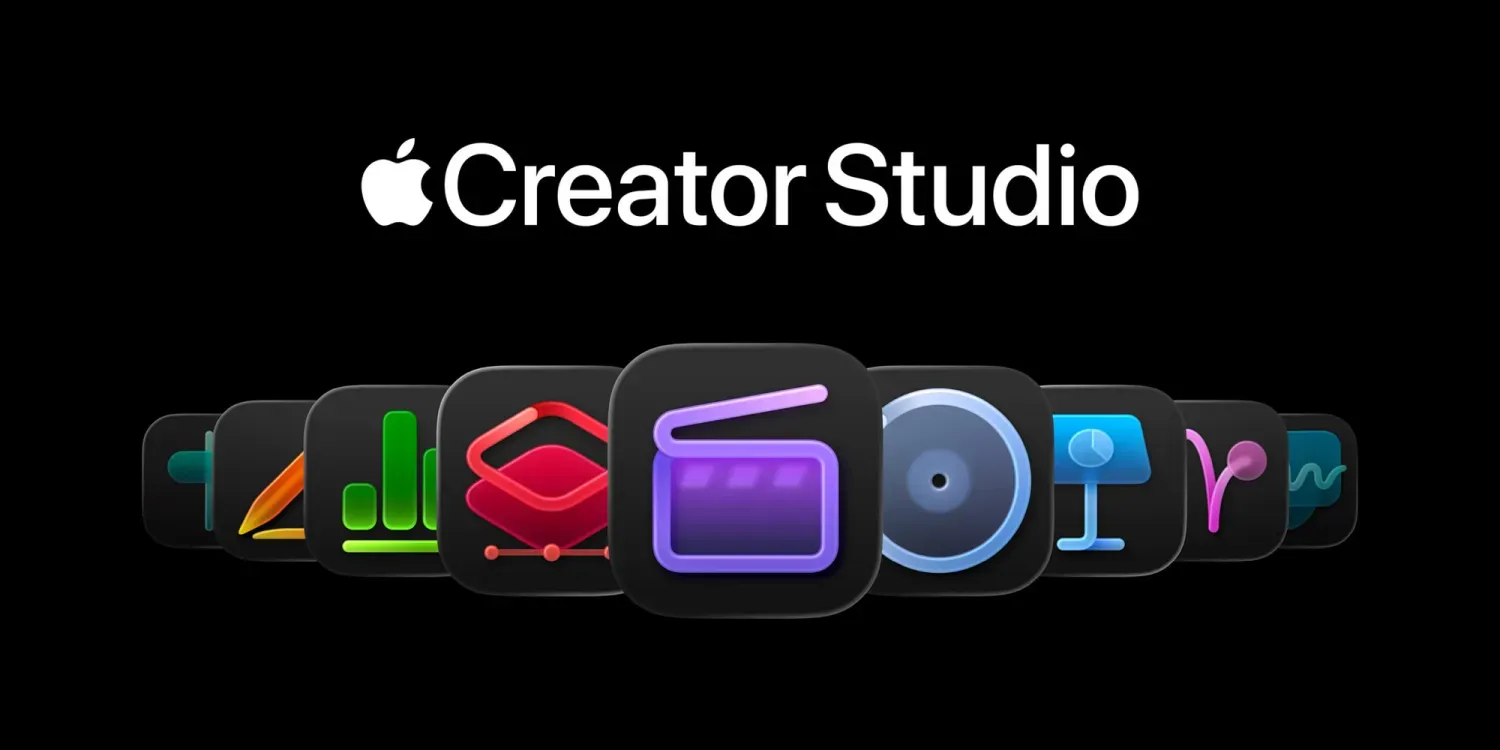
Discussion